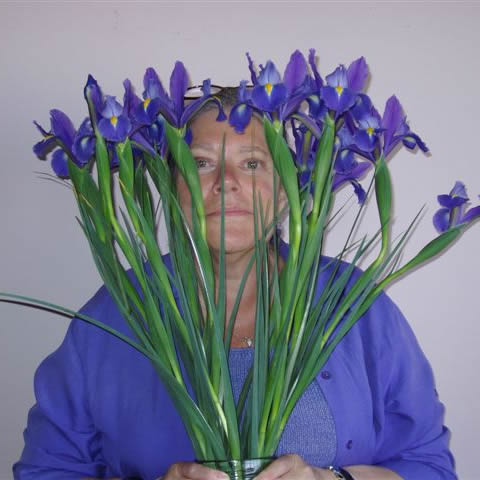When I went out into the shed to find the shears
my father had sent me to find, I also found the dark
of sheds, a more significant shear, and stepped into it
the way you might wade into a pool at night, not afraid
entirely but cautious unless you step on something sharp,
a roofing nail jarred from its box, the tine from a pitchfork
lying where it shouldn’t be, propped up by a rock.
The spades, the square-nosed shovel, the lawnmower blades,
and the moldy smell of cardboard rotting. I understood
one thing: to get out with my life I’d have to hold my breath.
It feels like drowning to be fetching from confusion
something sure, specific, sharp, inherited like fate,
passed down from father to son, in the genes, unavoidable.
I think of Emerson and his definition of temperament,
which means literally well-mixed like darkness and light,
when the door has been chocked open by a heel kicked back
and a bright trapezoid cuts the night into identifiable shapes.
They aren’t geometrical. They’re something greater, suggesting
with a gesture how close the stars are to us really
and how, like us, they are traveling as far away from birth
as possible. In the dreams I would dream later, older,
I brought those shears to him and smiled, but we all know
how unsatisfying the occasion is, which brings us from the dark
with only what we went searching there to find.
Published in Cider Press Review, Volume 14, Issue 2.




